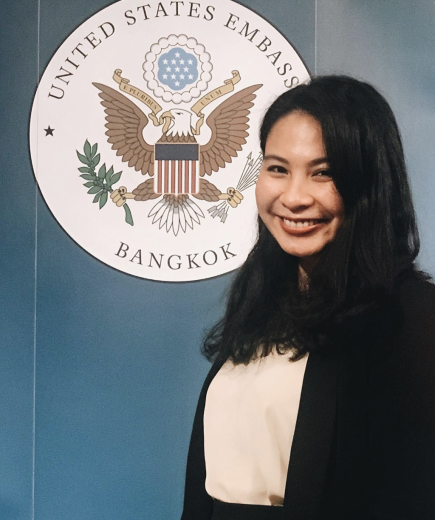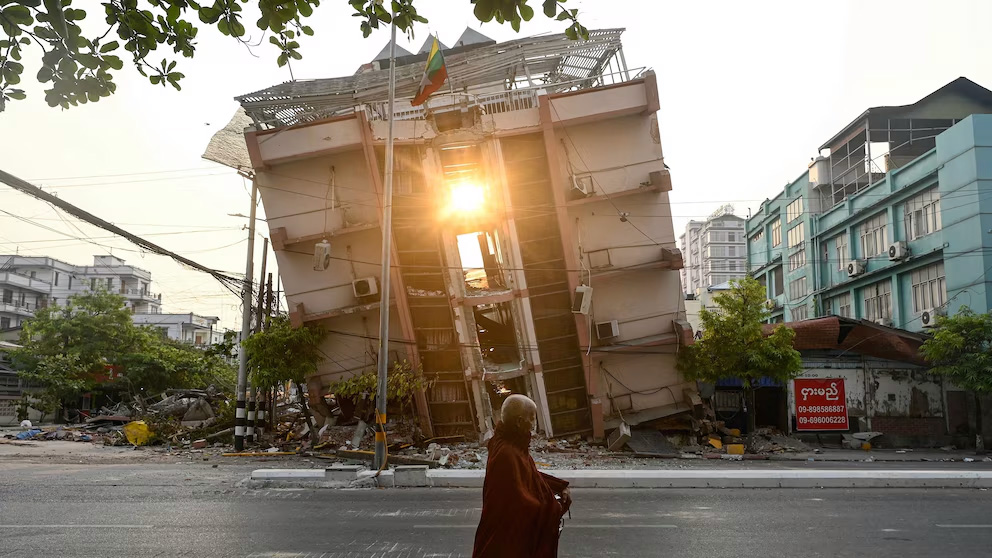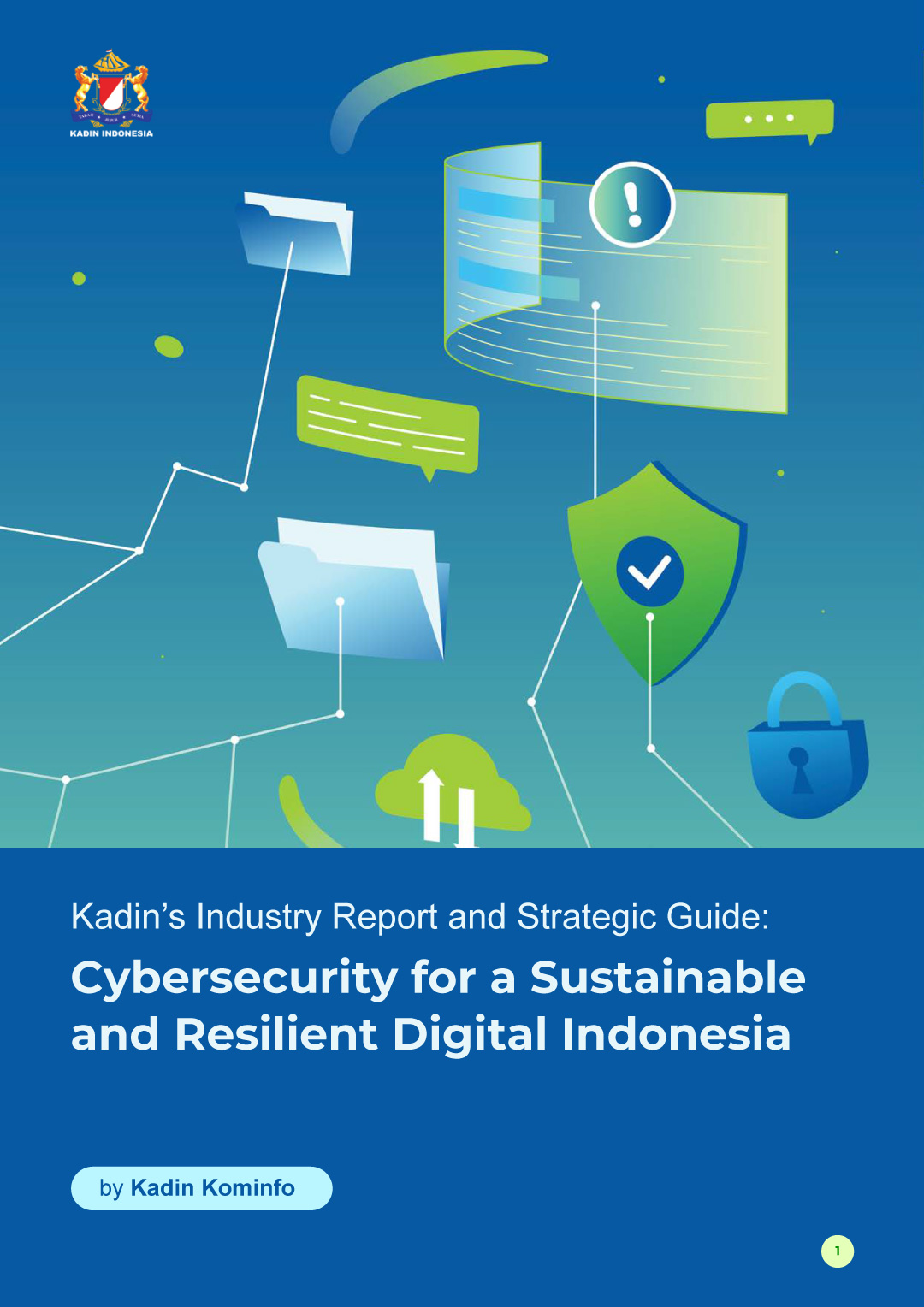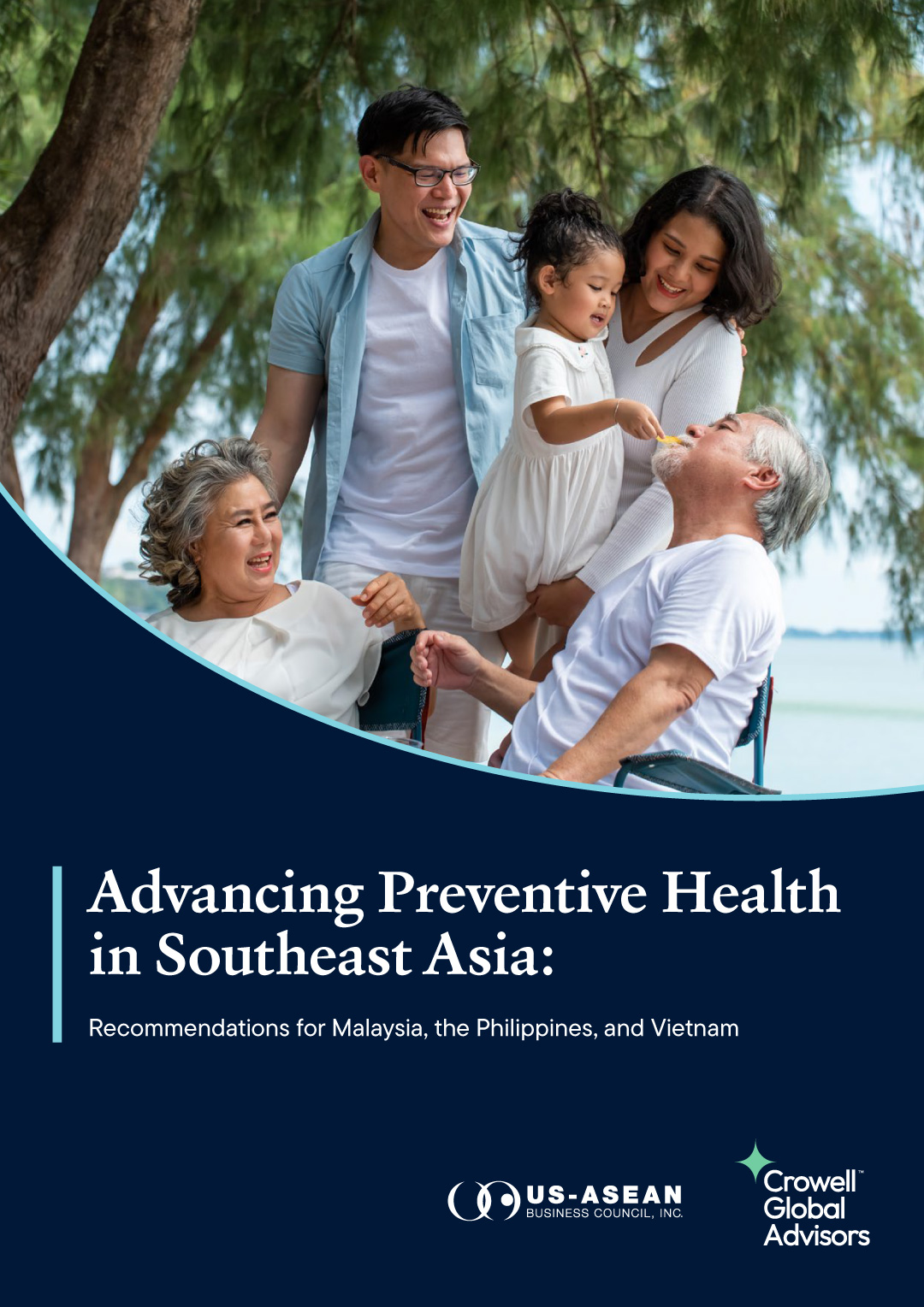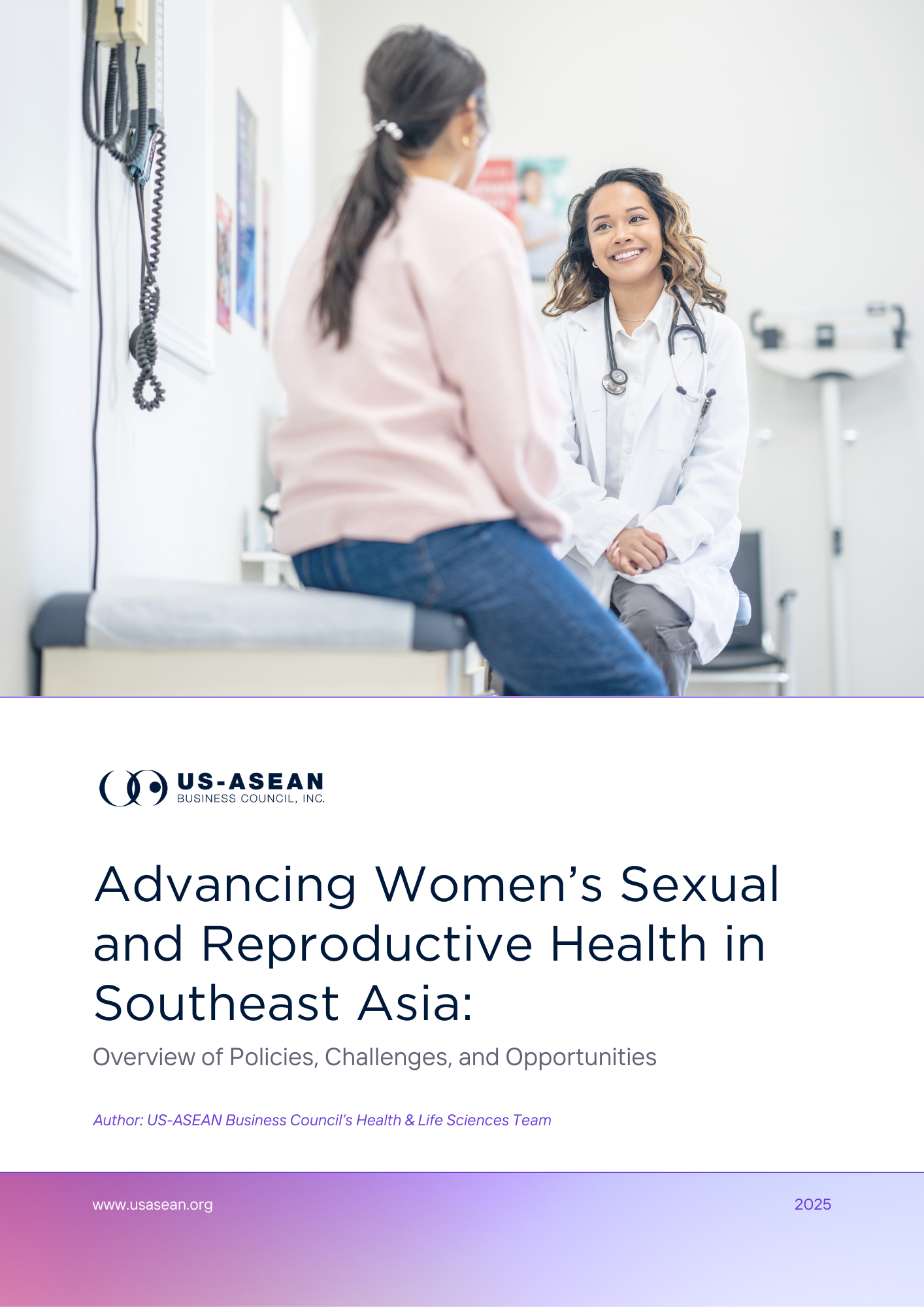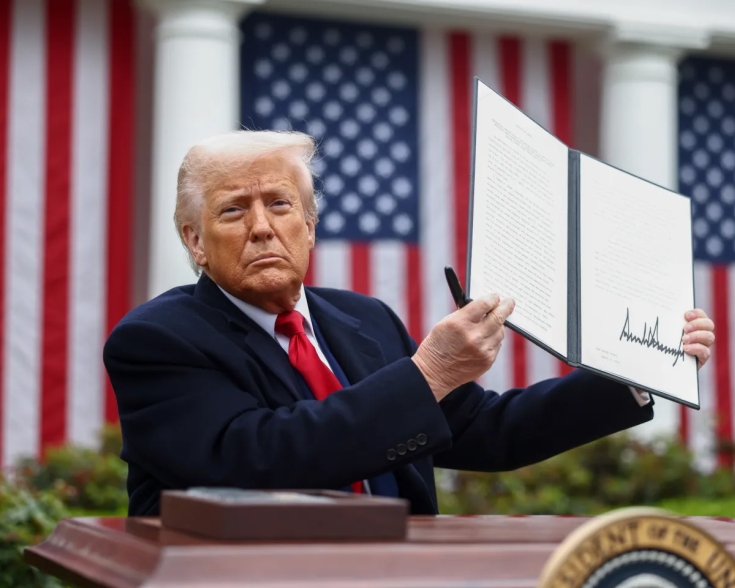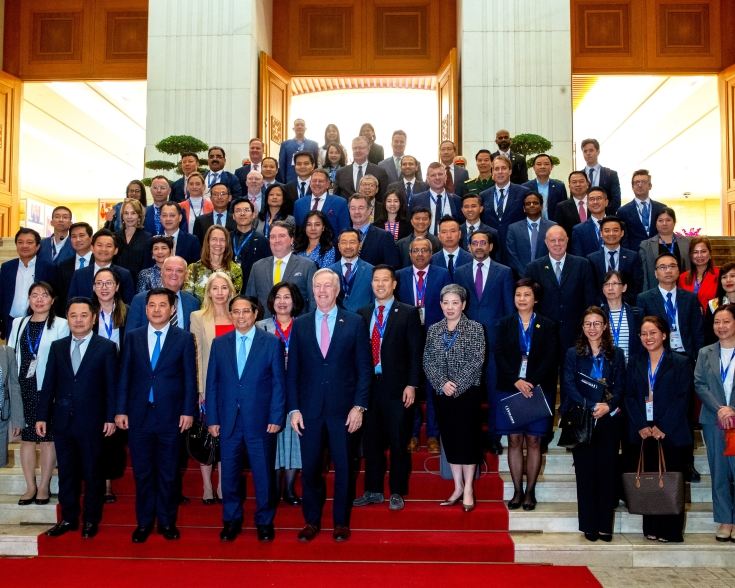Thailand’s Soft Power for the Creative Economy
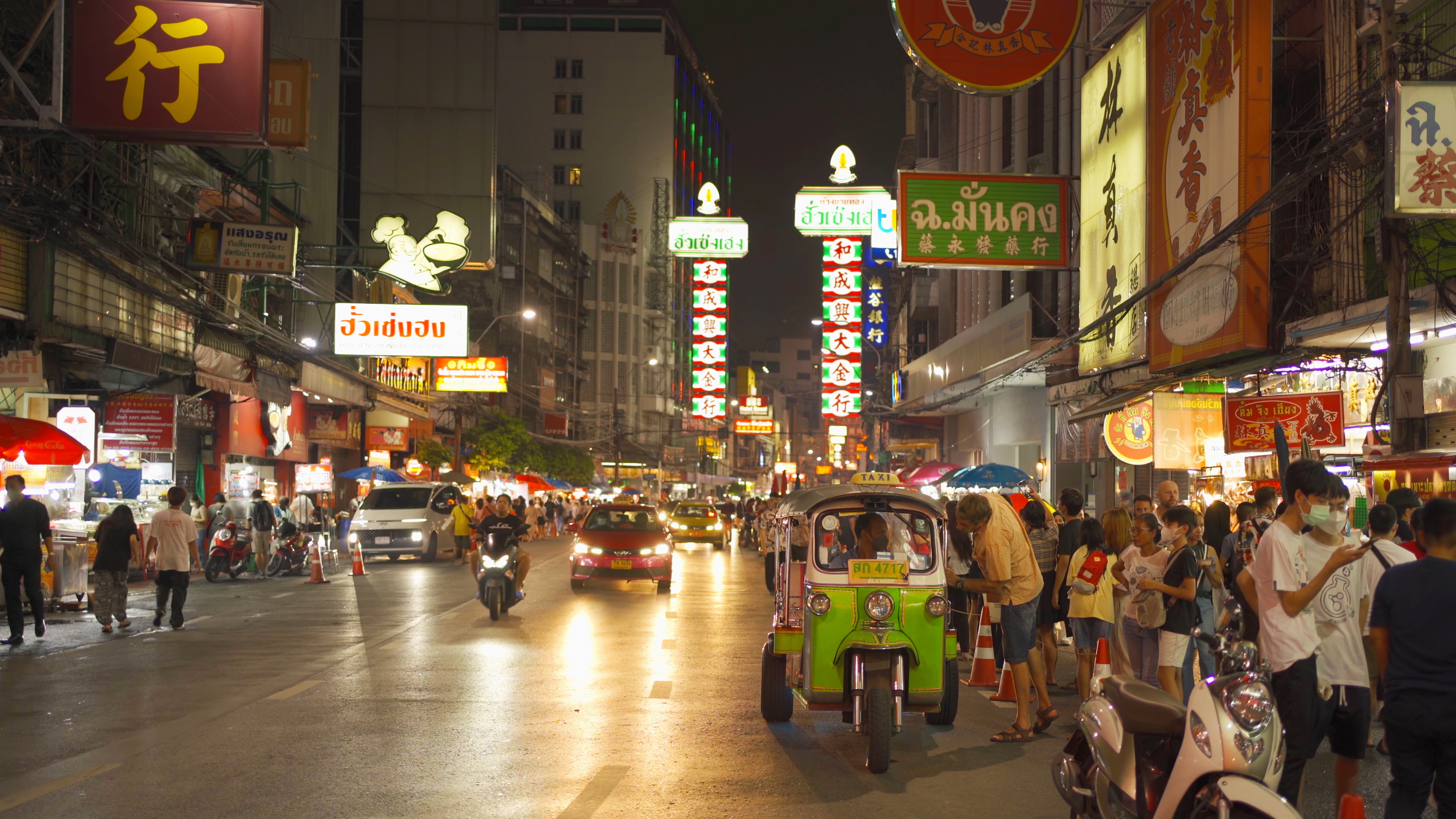
Soft power, defined as a country’s ability to influence others without resorting to coercive pressure, is a critical aspect of diplomacy and international relations. Sources of soft power can also contribute to national GDP. According to the Global Soft Power Index 2024 by Brand Finance, Thailand is ranked 40th out of 193 countries worldwide, with a score of 44.8 points, which is an increase from 42.4 points in 2023. Within Asia, Thailand holds the 6th rank, following China, Japan, South Korea, Singapore, and India.
Under the leadership of Prime Minister Srettha Thavisin, Thailand’s new government has introduced the One Family, One Soft Power (OFOS) policy to ensure the country's rich culture gains more global recognition and increases economic opportunities in the society. The OFOS initiative seeks to elevate Thailand’s soft power on the global stage, with an initial focus on elevating 20 million Thai citizens into highly skilled workers, each earning an annual income of at least 200,000 baht. To support this endeavor, the newly established National Soft Power Strategy Committee has proposed allocating 5.1 billion baht to finance initiatives in the entertainment, tourism, arts, and publishing sectors. The Culture Ministry is committed to elevating the contribution of soft-power goods and services to contribute to the GDP from the current 8.9% to an ambitious 15%. Additionally, Deputy Prime Minister Phumtham Wechayachai anticipates that Thailand’s soft power efforts will generate 4 trillion baht in revenue. The soft power strategy is anchored on the "5Fs": food, film, fashion, fighting arts, and festivals, encompassing a diverse range of cultural expressions aimed at enhancing Thailand’s global economic appeal and influence.
Soft Power through 5Fs
Food: Thai Culinary Policy and “One Community, One Thai Delicacy Chef” Program
The soft power of Thai culinary policy aims to promote worldwide appreciation and adoration for Thai cuisine. The Tourism Authority of Thailand (TAT) has set a revenue target of 2.300 billion Bath (65.4 billion USD) in 2023, with the Food & Beverage (F&B) industry contributing about 20% of total revenue. By 2027, TAT envisions that F&B expenditure will generate at least 25% of total tourist consumption. A "One Community, One Thai Delicacy Chef" program will also be included in the OFOS policy, with the target of providing training for at least 70,000 people nationwide to become skilled chefs of Thai food.
According to the Department of International Trade Promotion, there are currently 17,478 Thai restaurants worldwide, with the United States hosting the highest number at 6,850 or 39% as of October 2023. To uphold the authenticity and quality of Thai cuisine abroad, the Commerce Ministry has implemented policies to ensure that Thai restaurants abroad receive the Thai SELECT symbol. This symbol is awarded to Thai restaurants and pre-packaged Thai food products that deliver authentic Thai flavors, thereby guaranteeing quality for both Thai restaurants abroad and at home. Presently, there are 1,377 Thai SELECT restaurants across 70 countries.
Film: Promotion of Locally Produced Films and Y Series Phenomenon
According to Dr. Surapong Suebwonglee, Director and Secretary of the National Soft Power Strategy Committee, the Thailand Creative Content Agency (THACCA) is expected to become operational by mid-2025. The THACCA will promote locally made films at international film festivals and develop professional negotiators to facilitate the sale of Thai film titles on the global stage. Additionally, the agency will serve as a one-stop shop for film registration, licensing and permits, and tax rebates. Presently, foreign production crews enjoy a 20% tax rebate for filming in Thailand, with discussions underway to potentially increase this rebate, as stated by Dr. Surapong. Notably, HBO’s White Lotus (3rdSeason) is taking advantage of this tax rebate, filming in Bangkok. Since the official announcement of the show, online searches related to Thailand have increased by 50%. Similarly, Mega 2: The Trench, recently filmed in Phuket, has experienced similar success.
The Ministry of Commerce has set a target to raise at least 9 billion baht from export revenue for films, TV series, and digital content in 2024, an increase from 8.4 billion last year. The Y series phenomenon, also known as Boys- Love Series, has significantly influenced the Thai film industry, transitioning from niche to mainstream content. This evolution has resulted in the emergence of a new economic system known as the "Y Economy," which generates revenue from both local and global fans. Y Series productions are estimated to generate around 2 billion baht in export revenue, up from 1 billion in 2023. Thailand currently stands as one of the world's leading Y-series producers, leading the trend in Asia and effectively promoting Thai products and services to the global market.
Fashion: STYLE Bangkok 2024
As of February 2024, all 24 members of the “soft power on fashion” subcommittee have diligently gathered information and formulated policies to set guidelines for the advancement of Thailand’s fashion and textile industries within the framework of the nation’s soft power development strategy. Thai exports of lifestyle and fashion products have garnered international recognition for their quality, craftsmanship, diverse raw materials, and unique Thai designs. Projections for 2024 indicated that export revenues from the industry will exceed 323 billion baht. Organized by the Department of International Trade Promotion and the Board of Trade of Thailand, STYLE Bangkok 2024, aims to hose over 490 companies in 820 booths and anticipates a turnout of at least 30,000 visitors.
Fighting: Revitalization of “One Sport, One State Enterprise” Initiative
Sport, as a tool for soft power, underscores the sport’s international presence, public interest, past achievements of sports associations, their development plans, transparency in management, and effective performance tracking. Originally launched in 2005, this initiative is revamped with a targeted budget allocation of 1.3 to 1.5 billion baht over four years to facilitate strategic, long-term development planning. Two sub-committees were formed to set criteria for filtering sports associations and to serve as advisors to the Prime Minister. Prime Minister Srettha has designated Muay Thai as a leading soft power of Thailand with significant value and international recognition. The Prime Minister also unveiled plans to leverage Muay Thai’s soft power potential in conjunction with tourism promotion efforts. In line with this objective, the recently introduced 90-day Muay Thai visa rebrands the extendable tourist visa, signaling Thailand’s openness to foreign practitioners interested in training at Thai martial arts studios.
Festival: World Water Festival – Celebrating Songkran
Songkran, Thailand’s traditional New Year festival, was recently recognized as an Intangible Cultural Heritage of Humanity by UNESCO. According to the National Soft Power Strategic Committee, the Songkran festival is a primary festive activity among the 10,000 planned for 2024 and will be held a month long. The Soft Power Strategy Committee is seeking approximately 270 million baht in government funding to promote this year’s Songkran Festival, to elevate it as a cornerstone of the nation’s soft power Dr. Surapong Suebwonglee, secretary of the committee, anticipates that the event will not only draw increased foreign visitors to Thailand but also generate around 35 billion baht in revenue.
Soft Power Through Shaping the Thai Workforce
With the integration of soft power and education as the strategic plan's core, the government of Thailand is focusing on educational reforms that emphasize training, reskilling, and upskilling. According to the World Bank Report, improving the foundational skills of Thai youth and adults is associated with an increase in GDP by up to 20%, helping to stimulate growth in the following years. One Family One Soft Power (OFOS) initiative seeks to drive the skills transformation of 20 million Thai individuals, shaping them into highly competent and creative workers, and generating a minimum income of 4 trillion baht annually.
Aligning Thailand’s Soft Power with Connecting Asia and ASEAN
Thailand's strategic policy endeavors to cultivate the creative economy sector fueled by knowledge, intellectual property, and creativity, all deeply intertwined with society, culture, society, innovation, and technology. This comprehensive approach seeks to propel the production of goods and services to greater heights. The soft power committee overseeing this initiative has endorsed guidelines geared towards advancing Thai Soft Power, particularly in the initial phase or Quick Win period (6-12 Months).
These guidelines focus on three key areas aligned with regional objectives for ASEAN and Asia within the framework of "Connecting Asia":
1. Promoting the 5Fs that are popular and in need in the ASEAN and Asian markets.
2. Disseminating national branding efforts.
3. Expanding the support of the content and digital content industry in Thailand by arranging events at home and abroad.
According to Yahoo Finance, Thailand possesses immense potential to capitalize on its rich cultural and creative assets, estimated at a staggering US$42 billion, equivalent to 8.9% of the nation’s GDP. Thailand’s soft power initiative is set to catalyze further opportunities for local industries to thrive both domestically and on the global stage. Furthermore, companies stand to gain enhanced collaboration prospects and increased exposure to major investments. The soft power framework also pledges to equip companies with a future-ready workforce through reskilling and upskilling initiatives, thereby strengthening their competitive position.
On a regional scale, the success of Thailand’s Creative Economy is pivotal for the prosperity of all ASEAN nations, especially given the varying developments in the creative economy across the region. Moreover, the COVID-19 pandemic has increased the urgency for more strategic policymaking and development for the creative economy domain. While digital connectivity in the ASEAN region has seen improvement, digital readiness remains uneven. ASEAN members must prioritize collaboration for digital transformation and engage in comprehensive policy dialogue that fosters the ASEAN Creative Economy (ACE) potential in promoting a culture of peace and intercultural understanding. Unlocking the full potential of ACE requires a cohesive arts and culture master plan, collaborative governance, and investment in people and technology.
Thailand’s initiatives in the creative economy can significantly contribute to the overarching objectives of the ASEAN Creative Economy (ACE) framework, which aims to strengthen the expansion of global value chains, increase digital adoption among creative small and medium-sized enterprises (SMEs), and drive the export of cultural goods and creative services. Jonathan Tan, Head of Culture and Information Division at the ASEAN Secretariat, has emphasized the intersection of culture and creative economy through heritage and tourism, highlighting the potential for effective regional cooperation to benefit all ASEAN Member States. Thailand’s exploration of the creative economy, analyzed through the 5Fs mentioned above, underscores the ASEAN region’s commitment to creative economies where culture, identity, and the business of creativity intersect.
